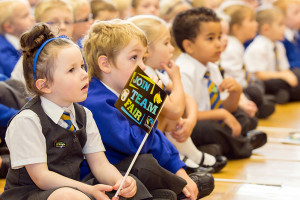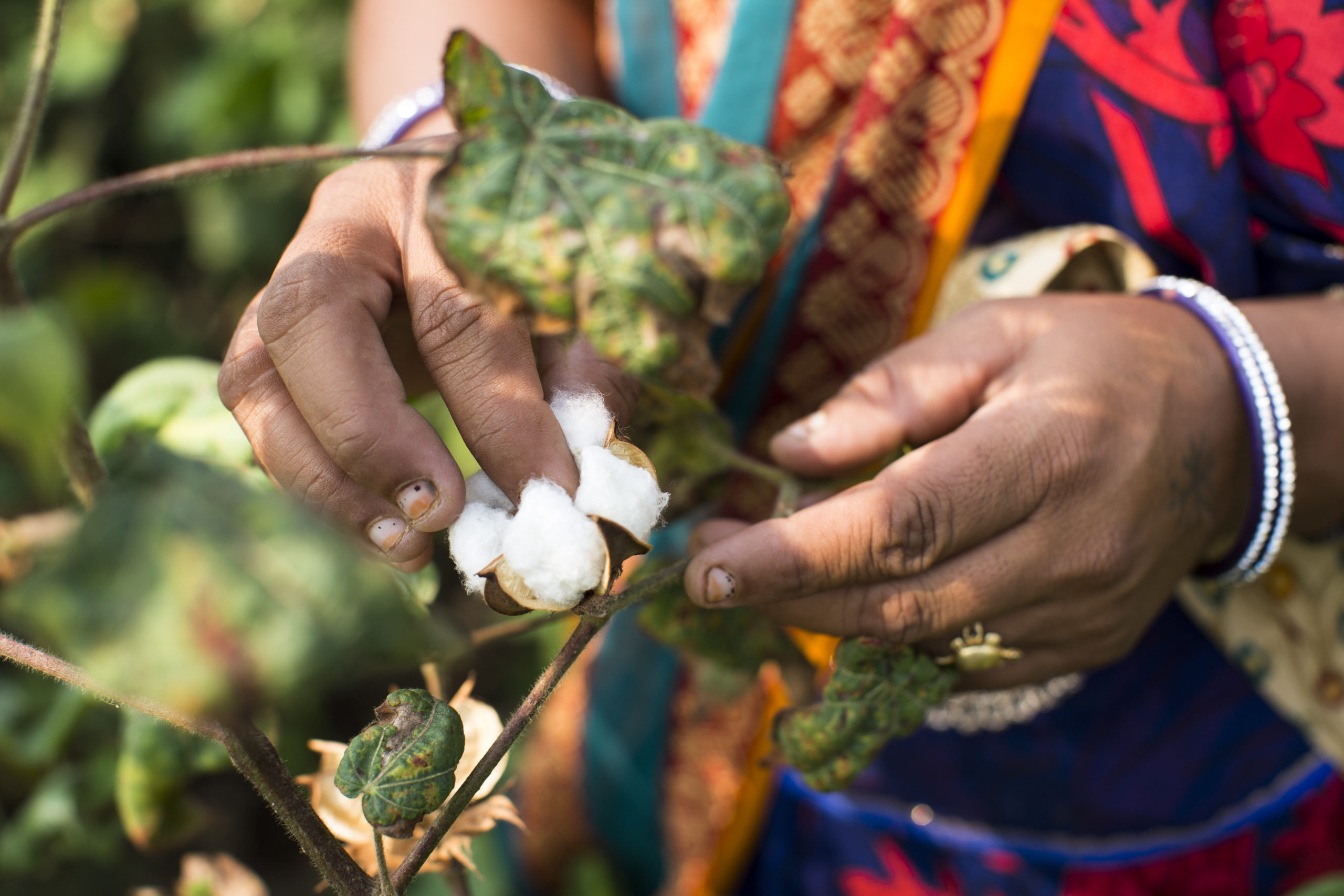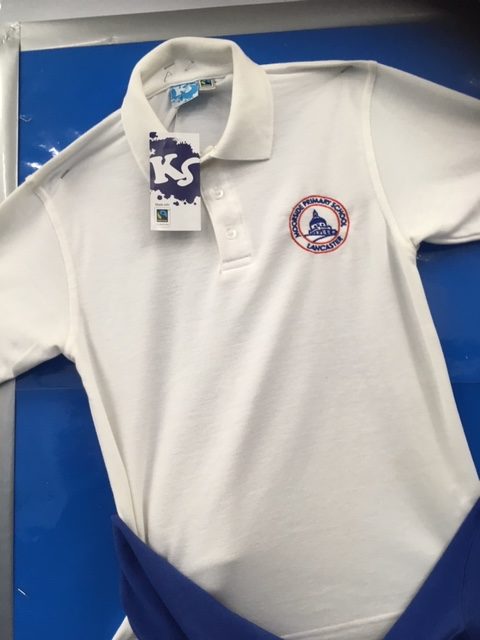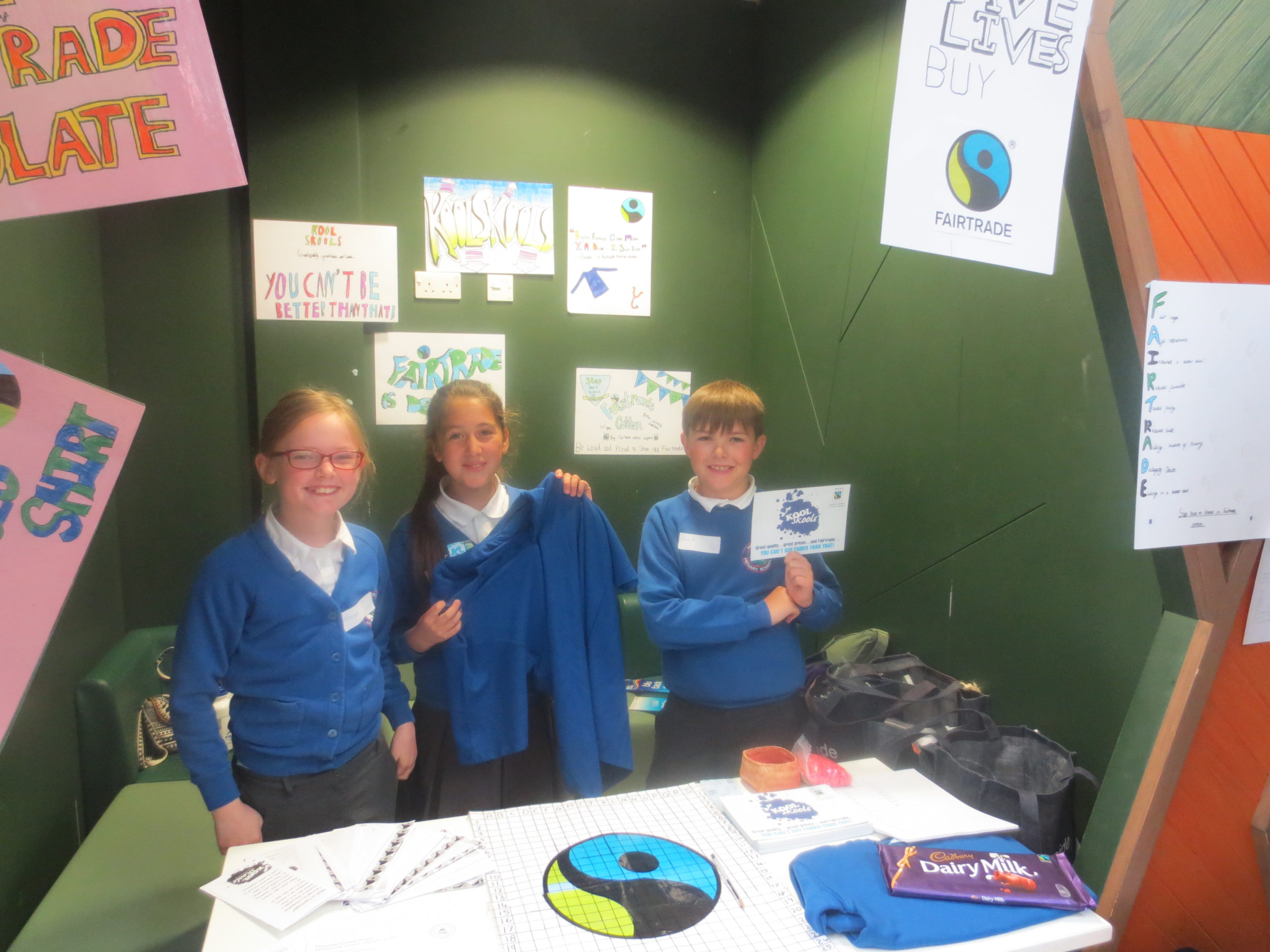24th June, 2020
Cotton on to Fairtrade
What is Fairtrade Cotton?
When we think of Fairtrade, what are the products that come to mind? Coffee? Chocolate? Bananas?
Not many of us would immediately think of Fairtrade cotton but it’s in lots of the clothes we wear and has a complex supply chain in which the farmers and workers often don’t get a fair price for what they do. An estimated 300 million people work in the cotton sector and they face challenges, which include low production costs as well as the impact of climate change.
Fairtrade certification is unique in giving cotton farmers more stability in terms of price as well as access to the Fairtrade Premium. They can invest the Premium in strengthening their organisations or community development projects. Fairtrade can give cotton farmers more bargaining power in the global supply chain.
Schools can help…
Firstly, cotton offers a unique opportunity for young people to learn more about global connectedness and the fact that our purchasing decisions in the UK can have an impact on farmers and workers across the world. Even the image of the cotton plant above gets you thinking about how that can be transformed into the clothes we wear. We’ve created learning resources around Fairtrade cotton to support with this, exploring where cotton comes from and the impact of fast fashion.
And the other way? School uniform.
Fairtrade school uniform is a fantastic way of showing your commitment to ethical sourcing and can help bring home to pupils the difference that they can make to farmers. You can purchase Fairtrade school uniform from recognised providers Koolskools or Cotton Roots.
Moorside Primary sew it up
One example of a school who have led the way with their focus on Fairtrade cotton is Moorside Primary School from Lancaster.
Their journey started back in 2015. Year 6 were learning about Fairtrade cotton and invited Koolskools to the school to run an assembly. After this, Moorside were fortunate to have a visit from a worker from the Koolskools Fairtrade-licensed factory in Mauritius. From this visit, they learnt all about the positive difference working in a factory that is signed up to Fairtrade Minimum Standards can make to factory workers’ lives. Since meeting Vishwaraj, the pupils have been on a mission to share what they have learnt about the impact of Fairtrade on the cotton industry.
The pupils have taken on lots of responsibility for getting the message out there, feeling connected to the issues at hand. They wrote letters to other schools in their area to tell them about Fairtrade uniforms and to date they have persuaded seven other schools to make a switch!
They also shared their knowledge at several conferences, presenting to many pupils from other schools and knitting together the history of Lancashire’s cotton mills with the exploitation of cotton farmers today.
Janine Macgregor, Year 6 teacher at Moorside and the driving force behind much of their Fairtrade activity described the impact of their ongoing awareness raising campaign around Fairtrade cotton;
‘Best thing is that the children are actively seeing that they have a voice. People will listen if they persuade!’
Cotton-on through Home Learning
Recently, Moorside students have continued to learn about Fairtrade from home, designing informative posters such as this one;
We’ve created learning challenges for children to complete from home for two films about cotton; ‘Unravelling the Thread’ and ‘Look for the Label’. Check them out!
For a full list of Fairtrade cotton suppliers visit our directory









